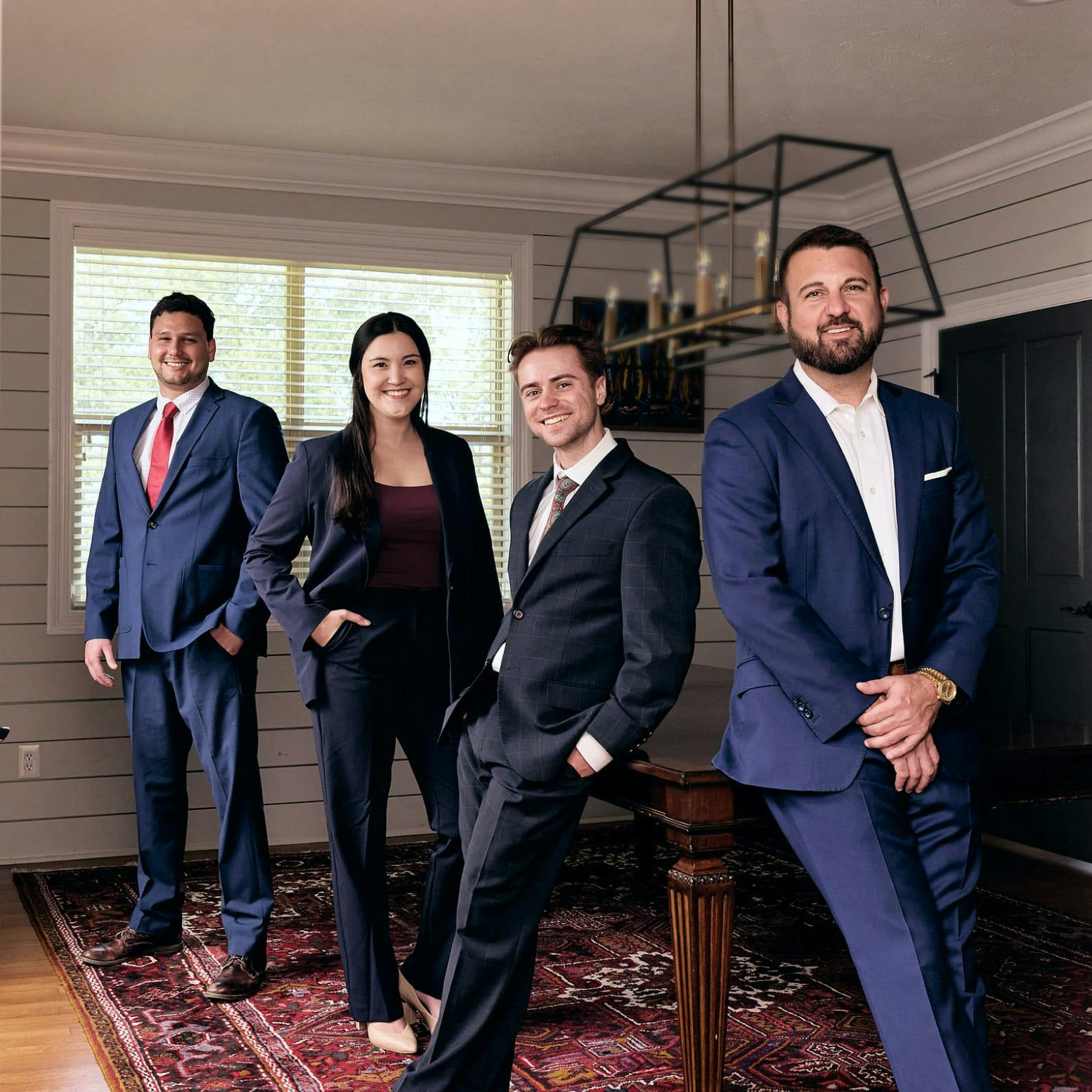
The Psychological Consequences for Riders
The aftermath of a motorcycle accident can be a tumultuous time for riders, not just physically but also mentally. The stigma attached to motorcycling can exacerbate the emotional toll, potentially leading to anxiety, depression, and even post-traumatic stress disorder (PTSD). Riders may feel isolated or misunderstood, grappling with the weight of societal judgment on top of their recovery. It's crucial to address these psychological consequences head-on, offering support and understanding to those affected. By bringing these issues to light, we can begin to foster a more compassionate environment for motorcyclists to heal both physically and emotionally.
Overcoming Bias in the Legal System
Motorcyclists navigating the legal system after an accident often confront biases that can impede their quest for justice. These prejudices may manifest in the courtroom or during insurance claims, where riders are frequently perceived as liable due to entrenched stereotypes. Legal representation plays a pivotal role in countering these biases, ensuring that motorcyclists receive a fair hearing. A knowledgeable attorney can dismantle misconceptions, present evidence effectively, and advocate for the rider's rights. This support is indispensable in leveling the playing field and striving for an equitable outcome.
Ensuring Fair Compensation and Support
Securing adequate compensation for injuries and damages is a critical aspect of the recovery process for motorcyclists post-accident. Legal advocates are instrumental in this pursuit, meticulously calculating the true extent of the impact—be it medical expenses, lost wages, or emotional distress. They work tirelessly to ensure that their clients are not shortchanged by insurance companies or legal loopholes. The support of a dedicated legal team can make all the difference in a rider's ability to rebuild their life after an accident, highlighting the indispensable value of experienced representation in personal injury cases.
Strategies for Public Education on Motorcycle Safety
Combatting the stigma surrounding motorcycling begins with education. By implementing effective methods to inform the public about motorcycle safety, we can start to shift perceptions and foster a more nuanced understanding of the realities of riding. Educational campaigns can highlight the responsibilities of both riders and drivers in sharing the road safely, debunk myths about motorcycling, and promote best practices. These efforts not only enhance safety for everyone on the road but also contribute to a more informed and less prejudiced view of motorcyclists.
The Role of Media in Shaping Perceptions
The media wields significant influence over public opinion, and its portrayal of motorcycle accidents often reinforces negative stereotypes. To promote a more balanced view, it's essential for media outlets to present factual, unbiased reporting that respects the diversity of the riding community and the complexity of road safety issues. By focusing on human stories rather than sensationalism, the media can play a constructive role in changing narratives and reducing the stigma associated with motorcycling. Such responsible journalism is key to fostering empathy and understanding among the broader public.
Accessing Community Support and Advocacy Groups
In the wake of a motorcycle accident, riders can find solace and strength in community support and advocacy groups. These organizations offer a range of resources, from legal advice to emotional support, tailored to the unique needs of motorcyclists. Local and national groups not only provide a platform for riders to share their experiences but also advocate for their rights and interests. Engaging with these communities can be empowering for individuals as they navigate the challenges of recovery and confront the stigma associated with their passion for riding.
Mental Health Resources for Accident Survivors
The road to recovery for motorcycle accident survivors often includes addressing mental health concerns that arise from the trauma of the event. It's vital for riders to have access to mental health services that understand the specific stresses they face. Whether it's counseling, support groups, or other therapeutic interventions, these resources can help individuals process their experiences and develop coping strategies. Mental health support is a cornerstone of comprehensive care for accident survivors, helping them to combat stigma-related stress and move forward with resilience.
Innovations in Motorcycle Safety and Technology
As we look to the future, advancements in motorcycle design and safety technology hold promise for reducing accident rates and, by extension, the stigma surrounding motorcycling. Innovations such as anti-lock braking systems, traction control, and improved protective gear are making riding safer than ever before. These technological strides not only protect riders but also contribute to a broader understanding that motorcycling can be a responsible and secure mode of transportation. Embracing these developments is key to shaping a new narrative where motorcyclists are seen as safety-conscious individuals.
Policy Changes and Their Role in Stigma Reduction
Legislative changes have the potential to significantly impact the safety of motorcyclists and the public's perception of riding. By enacting policies that prioritize road safety for all users, including motorcyclists, we can foster a more inclusive and understanding environment. These policy changes, ranging from stricter enforcement of traffic laws to infrastructure improvements, can help ensure that riders are not unfairly targeted or marginalized. As these initiatives gain traction, they pave the way for a cultural shift that diminishes stigma and recognizes the legitimate place of motorcycling in our society.
Call 'MAGGIO LAW If You've Been Injured In a Motorcycle Accident
If you or a loved one has been involved in a motorcycle accident, it's crucial to have a legal team that understands the unique challenges you face. At 'MAGGIO LAW, we are committed to providing compassionate and effective legal representation to help you overcome bias, secure fair compensation, and navigate the road to recovery. Contact us today to learn how we can support you during this difficult time and advocate for your rights as a bike rider.
Call 'MAGGIO LAW now at (601) 265-6869 or contact us online.

